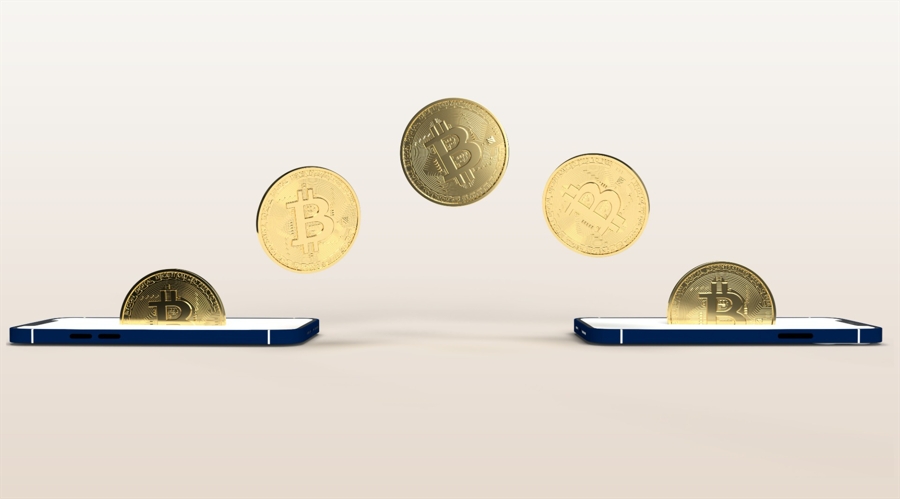Forget plastic and forget cash.
In the heart of India’s digital payment revolution, a battleground is emerging – the war of the wallets.
The Reserve Bank of India’s (RBI) recent decision to allow third-party UPI apps to access prepaid payment instruments (PPIs) has ignited a firestorm of potential, and the fight for customer loyalty is about to get fierce.
This isn’t your typical corporate clash. The combatants here are a diverse bunch – established giants like Paytm, scrappy fintech startups, and even traditional banks are all vying for a piece of the digital payment pie. With the Indian government’s push towards a cashless economy, the stakes have never been higher.
So, what does this mean for the average consumer? Well, for starters, it means more options. With more players entering the market, customers can expect better services, lower fees, and more innovative solutions. The convenience of digital payments is unmatched, and with the competition heating up, we can only expect things to get better.
But with great power comes great responsibility. As we move towards a more digital economy, the need for robust cybersecurity measures becomes paramount. With more personal and financial data being stored online, the threat of cyber attacks looms large. Consumers must stay vigilant and choose their digital wallet providers wisely.
As for the world at large, India’s digital payment revolution could serve as a blueprint for other developing nations. With its vast population and diverse socio-economic landscape, India provides a unique testing ground for digital payment solutions. If successful, this could pave the way for a more inclusive and accessible financial system worldwide.
How will this affect me?
As a consumer, you can expect more choices, better services, and greater convenience when it comes to digital payments. However, it’s important to stay informed about cybersecurity threats and choose your digital wallet providers wisely to protect your personal and financial information.
How will this affect the world?
India’s digital payment revolution has the potential to revolutionize financial systems worldwide, particularly in developing nations. If successful, this could lead to greater financial inclusion and accessibility for populations that have been underserved by traditional banking systems.
Conclusion
The war of the wallets in India’s digital payment revolution is just beginning, and the stakes have never been higher. As consumers, we can expect more choices and better services, but we must also remain vigilant about cybersecurity threats. On a global scale, India’s success in this arena could shape the future of financial systems in developing nations and beyond.





